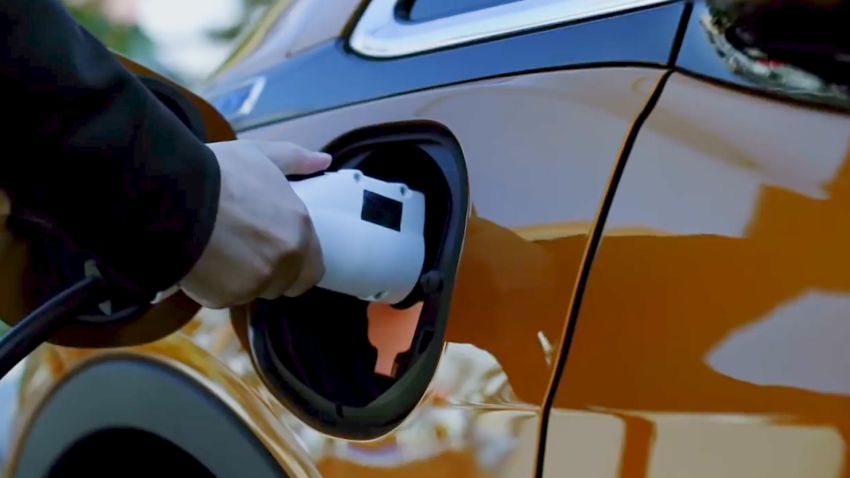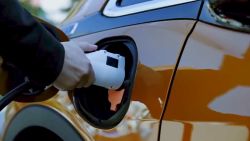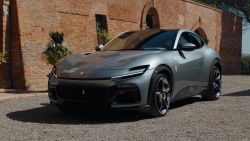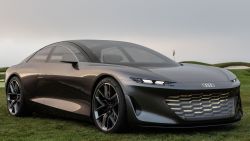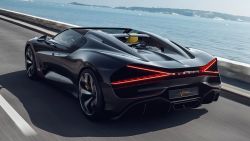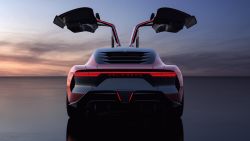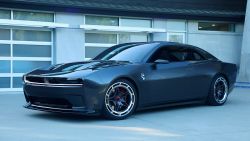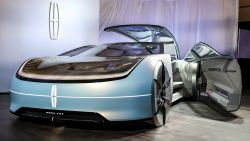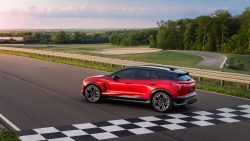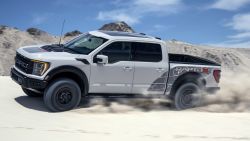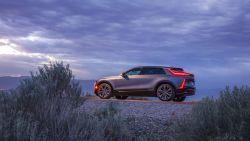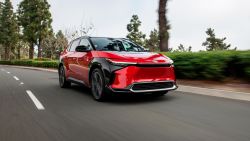Volkswagen has unveiled a massive expansion of battery production as it seeks to gain an edge in the electric car race.
The German carmaker said Monday that it plans to build six “gigafactories” in Europe by 2030 with a total production capacity of 240 gigawatt hours per year. That’s enough to power almost 4 million Volkswagen ID.3 electric vehicles, according to a spokesperson. The first two battery factories will operate in Skellefteå, Sweden and Salzgitter, Germany.
Volkswagen is also adding a huge number of new electric vehicle charging points to networks across Europe, the United States and China, the company announced at an event on Monday.
Volkswagen’s electric vehicle strategy hinges on driving down the cost of battery systems through a new unified battery cell, which will be launched in 2023 and installed in up to 80% of the group’s electric vehicles. The company also plans to recycle up to 95% of the raw materials involved in battery production.
“The one size fits almost all cell design will radically reduce battery costs … by up to 50% compared to today,” CEO Herbert Diess said at Monday’s event. “Lower prices for batteries means more affordable cars, which makes electric vehicles more attractive for customers.”
Battery costs, which make up a large proportion of the total cost of an electric car, will be reduced gradually by up to 50% in entry level models and by up to 30% in standard models, Volkswagen said in a statement.
The company also needs a secure supply of battery cells as it ramps up electric vehicle production. Volkswagen (VLKAF) has started to gain ground on Tesla (TSLA) in its bid to become the world’s biggest producer of battery electric vehicles. The company sold 231,600 battery electric vehicles in 2020 — less than half the number of sales Tesla (TSLA) made, but an increase of 214% on the previous year.
“E-mobility has become core business for us,” Diess said. The company’s new strategy would secure “a long-term pole position in the race for the best battery and best customer experience in the age of zero emission mobility,” he added.
The company’s battery offensive is being accompanied by a huge expansion of the fast-charging network.
In partnership with BP (BP), Spain’s Iberdrola (IBDRY) and Italian energy company Enel (EDCFF), Volkswagen intends to operate about 18,000 public charging points in Europe by 2025, up from about 3,600 at present. The carmaker estimates that its network will cover about one third of the expected total demand on the continent at that time.
Volkswagen is also expanding charging points in the United States and China. Electrify America, a subsidiary, is planning to have around 3,500 fast-charging points in North America by the end of the year. In China, Volkswagen is targeting a total of 17,000 fast-charging points by 2025.
Tesla, by comparison, currently has 20,000 fast-charging points globally.
From 2022,Volkswagen’s electric vehicles will also support technology that allows them to connect to private, commercial and public energy systems. “Electric vehicles will become mobile power banks,” Diess said.
